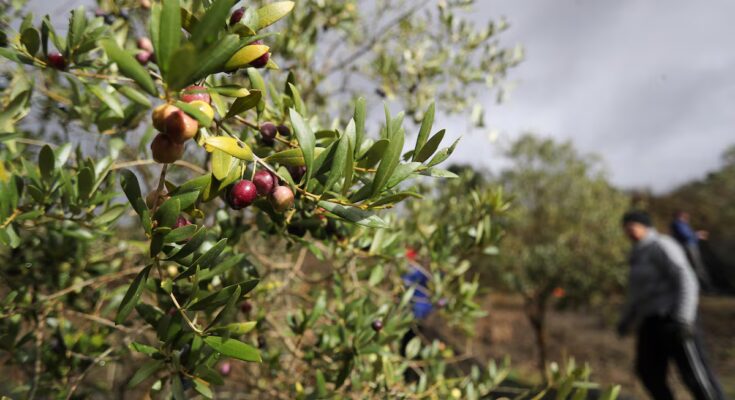The Coordinator of Farmers and Breeders’ Organizations (COAG) has called on the European Commission and the Spanish government to suspend the preferential quota of Tunisian olive oil after warning that more than 56,000 tonnes are entering the European Union without additional costs and without the same traceability, origin and control requirements required of EU producers, and whose final destination, they say, is opaque to consumers and is causing a “serious distortion” of prices. COAG reports that preferential imports from Tunisia are not subject to the same traceability and origin requirements that European farmers must meet. Specifically, the agricultural organization points out that Tunisian oil enters the community market in large quantities, but is not identified on the shelves nor in the final products, which indicates, according to them, that it could be mixed, relabelled without the consumer being aware of the real origin of the product he is purchasing.
“While the Spanish sector faces exhaustive controls, certifications and strict consumer information obligations, cheap imported oil enters the market with more lax standards,” said Francisco Elvira, COAG leader in Jaén. In his opinion, this situation is leading to unfair competition against European producers, to a serious distortion of national and international prices, to the risk of triangulation with third countries, such as the United States, to the avoidance of duties and to a lack of transparency for the consumer, who really does not know what he is buying.
The COAG defines this product as a “ghost oil” that enters without tariffs and without equivalent controls, something that, it claims, “represents an economic and reputational risk for Spanish and European olive oil and which artificially lowers the price of the internal market, facilitates speculative operations and seriously damages thousands of farmers who comply with the regulations”. “Traceability cannot have double standards. Either it is for everyone, or it is no longer a credible system”, underlines Elvira. Each year, the quota authorized by the EU allows the duty-free entry of up to 56,700 tonnes of bulk Tunisian virgin olive oil. But COAG assures that this amount will be systematically exhausted at the beginning of the marketing campaign “thanks to a procedure with few restrictions”. This figure is added to ordinary exports, in a context in which Tunisia allocates 80% of its production to the community market. However, COAG warns of an anomaly: “If Spain is the largest or second largest buyer of Tunisian oil, why does it not appear on virtually any labels? Where is it and how is it marketed?”
According to data from the National Agriculture Observatory (Onagri), between August 2024 and August 2025 Tunisia exported a total of 210,700 tonnes of olive oil, with the majority destined for the EU. “If export capacity grows year after year without the need to increase quotas, and even so there is talk of expanding them up to 100,000 tons, what really happens to that oil, who buys it, how is it sold and in the name of who leaves the country?”, asks the agricultural organization.
In this way, COAG urges the EU and the Spanish government to suspend the preferential quota for Tunisian oil while traceability equivalent to that required in the EU is not guaranteed. It also requires the paralysis of inward processing and customs warehouses, which allow the introduction of non-EU oil for subsequent export as a processed European product. Likewise, it calls for comprehensive traceability checks to be carried out on all imported olive oil, especially in Andalusia, and for an investigation by Competition and Consumer Affairs to be opened into possible practices that distort the market or deceive the consumer. “It is not a protest: it is a defense of the market and the consumer. If Spanish farmers respect every regulation, everyone will have to respect it. And if the oil is labeled correctly, there will be nothing to fear”, underlined Francisco Elvira.



